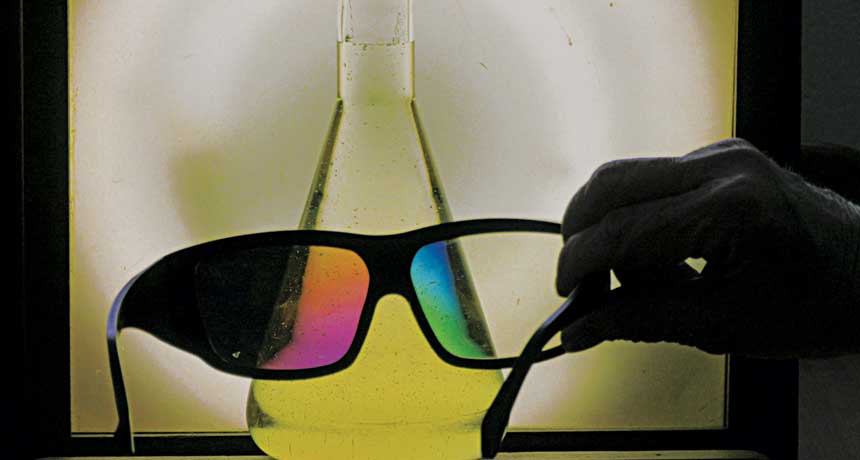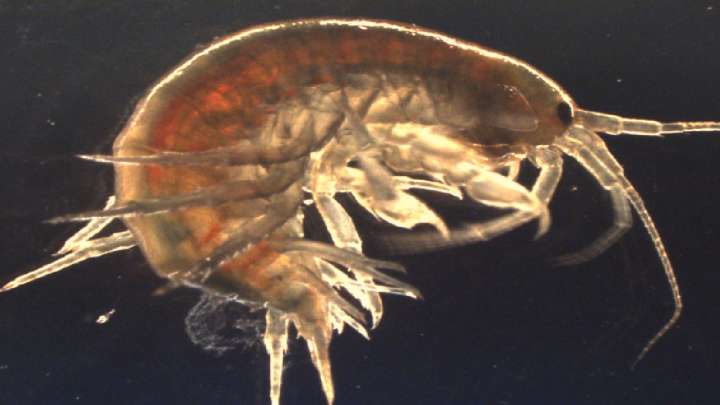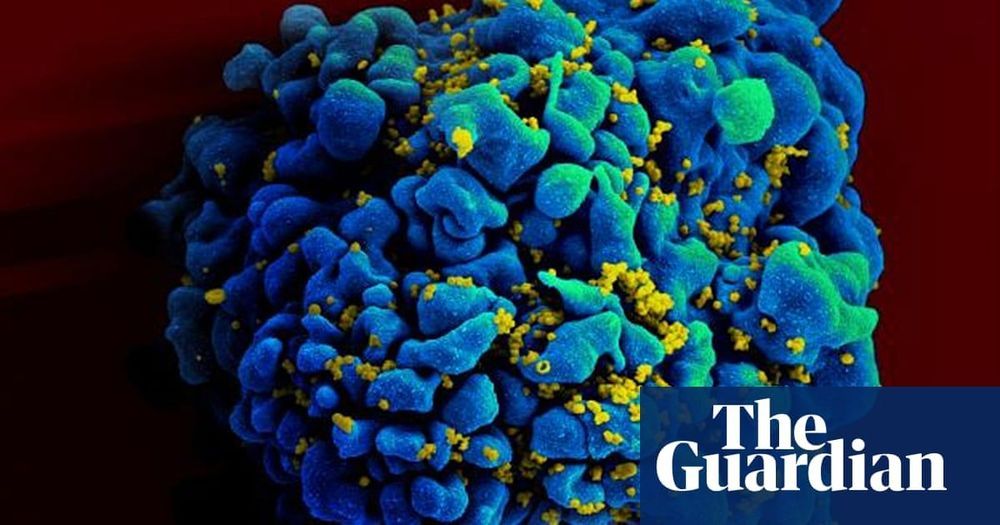Page 8883
May 3, 2019
DARPA preparing to test fly two hypersonic weapons
Posted by Genevieve Klien in categories: materials, military
The US Defense Advanced Research Projects Agency (DARPA) is eyeing flight tests later this year for two hypersonic weapons, and it is teaming up with the US Army on developing such a ground-launched capability. However, at the same time, army leaders are drafting plans to consolidate duelling lines of effort within their hypersonic weapons’ portfolio.
During a 1 May Defense Writers’ Group breakfast with reporters, DARPA Director Dr Steven Walker fielded questions about ongoing projects inside the Pentagon’s research arm including the development of two hypersonic weapons with the US Air Force (USAF) — the Tactical Boost Glide (TBG) and the Hypersonic Air-breathing Weapon Concept (HAWC).
“[They are] two very different concepts but when you’re talking hypersonic [weapons], it is good to have what I consider intended redundancy because it’s a hard technology, making materials and propulsion systems that last in 3,000° Fahrenheit temperatures is not easy,” Walker said.
Continue reading “DARPA preparing to test fly two hypersonic weapons” »
May 3, 2019
Jeff Bezos, world’s richest man, is about to get even richer
Posted by Genevieve Klien in category: futurism
- When Uber goes public next week, some early investors in the ride-hailing company stand to make handsome profits.
- Jeff Bezos is among that group — his $3 million stake could be worth $400 million at IPO time.
- Ousted founder and CEO Travis Kalanick is expected to make nearly $9 billion from his 8.6 percent stake.
The rich keep getting richer. Amazon founder and CEO Jeff Bezos, whose estimated net worth of $157 billion makes him the richest man in the world, is expected to haul in hundreds of millions of dollars from Uber’s anticipated initial public offering next week.
May 3, 2019
F.D.A. Won’t Ban Sales of Textured Breast Implants Linked to Cancer
Posted by Genevieve Klien in category: biotech/medical
Many other countries have already banned the products. But the U.S. agency said the risk was still low, despite repeated requests from women and doctors that the implants be removed from the market.
May 3, 2019
Shrimp Fail Drug Test For Cocaine, Ketamine, Xanax, And Valium
Posted by Victoria Generao in categories: biotech/medical, habitats
If you take a look at the life of freshwater shrimp in the sleepy English countryside, you’ll find enough drugs to keep a funk band on tour very happy.
A new study has found notable levels of cocaine, ketamine, Valium, Xanax, t ramadol, and other pharmaceuticals in the bodies of freshwater shrimp and their habitat in Suffolk, UK. The researchers also found traces of numerous pesticides that are now banned by the EU.
Reporting in the journal Environment International, scientists from King’s College London analyzed levels of micropollutants in surface water samples and Gammarus pulex freshwater shrimp from 15 different sites across the county of Suffolk in the east of England. To their surprise, they discovered trace levels of at least 67 different contaminant compounds. The most frequently detected contaminant was cocaine, which was detected in every single shrimp from all 15 sites.
Continue reading “Shrimp Fail Drug Test For Cocaine, Ketamine, Xanax, And Valium” »
May 3, 2019
End to AIDS in sight as huge study finds drugs stop HIV transmission
Posted by Quinn Sena in categories: biotech/medical, sex
An end to the AIDS epidemic could be in sight after a landmark study found men whose HIV infection was fully suppressed by antiretroviral drugs had no chance of infecting their partner.
The success of the medicine means that if everyone with HIV were fully treated, there would be no further infections.
Among nearly 1,000 male couples across Europe where one partner with HIV was receiving treatment to suppress the virus, there were no cases of transmission of the infection to the HIV-negative partner during sex without a condom. Although 15 men were infected with HIV during the eight-year study, DNA testing proved that was through sex with someone other than their partner who was not on treatment.
Continue reading “End to AIDS in sight as huge study finds drugs stop HIV transmission” »
May 3, 2019
Anti-aging study increases worm lifespans
Posted by Paul Battista in categories: biotech/medical, life extension
Given the chance, there are very few of us who wouldn’t want to slow down the aging process. Chasing that fountain of youth is a major branch of medical science at the moment, and a hardy little worm known as C. elegans is probably the most prolific test subject. Now, a team at Scripps Research has found that blocking a particular enzyme can extend the lifespan of these worms by almost half again.
May 3, 2019
Scientists Just Detected a Black Hole Devouring a Neutron Star
Posted by Michael Lance in category: cosmology
The first-of-its-kind event is giving scientists a vast cache of new information about the dynamic universe.
Black hole mergers have become nearly commonplace, but this is still a “first.”
How far is far? And, how do you know when you get there? In 1995, astronomers decided to use Hubble to conduct a bold and daring experiment to address this puzzle. For 10 consecutive days, Hubble stared at one tiny, seemingly empty patch of sky for 1 million seconds.
The gamble of precious telescope time paid off. Hubble captured the feeble glow of myriad never-before-seen galaxies. Many of the galaxies are so far away it has taken billions of years for their light to reach us. Therefore, the view is like looking down a “time corridor,” where galaxies can be seen as they looked billions of years ago. Hubble became astronomy’s ultimate time machine.
The resulting landmark image is called the Hubble Deep Field. At the time, the image won the gold medal for being the farthest peek into the universe ever made. Its stunning success encouraged astronomers to pursue a series of Hubble deep-field surveys. The succeeding surveys uncovered more galaxies at greater distance from Earth, thanks to new cameras installed on Hubble during astronaut servicing missions. The cameras increased the telescope’s power to look even deeper into the universe.
May 3, 2019
A New Database for Senescent Cells
Posted by Steve Hill in categories: biotech/medical, life extension
Today, we want to spotlight a new publication that charts the senescence-associated secretory phenotype (SASP), which consists of the various secreted signals given out by senescent cells during aging.
Senescent cells and the SASP
As we get older, an increasing number of our cells enter into a state known as senescence. They cease dividing and supporting the tissues and organs of which they are part and, instead, secrete a range of harmful chemical signals. This cocktail of harmful signals is known as the senescence-associated secretory phenotype (SASP).


















